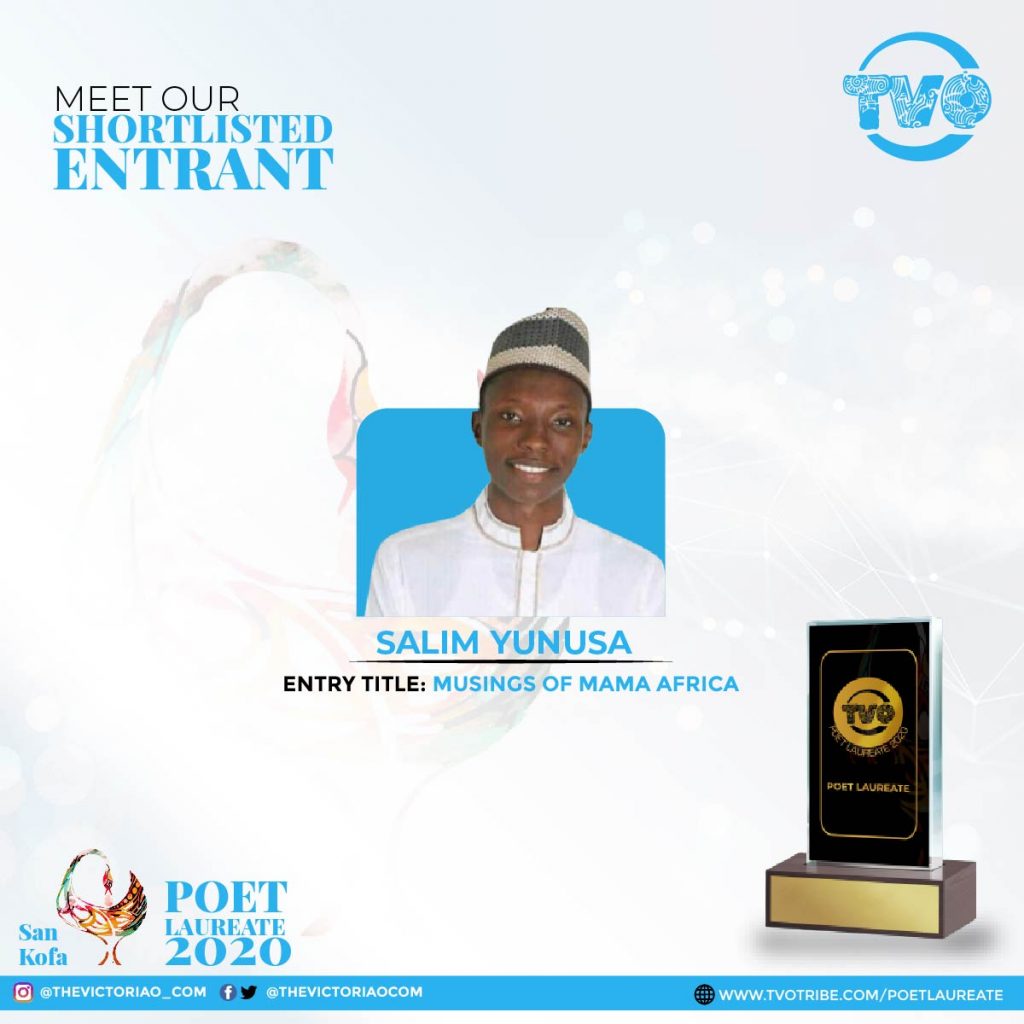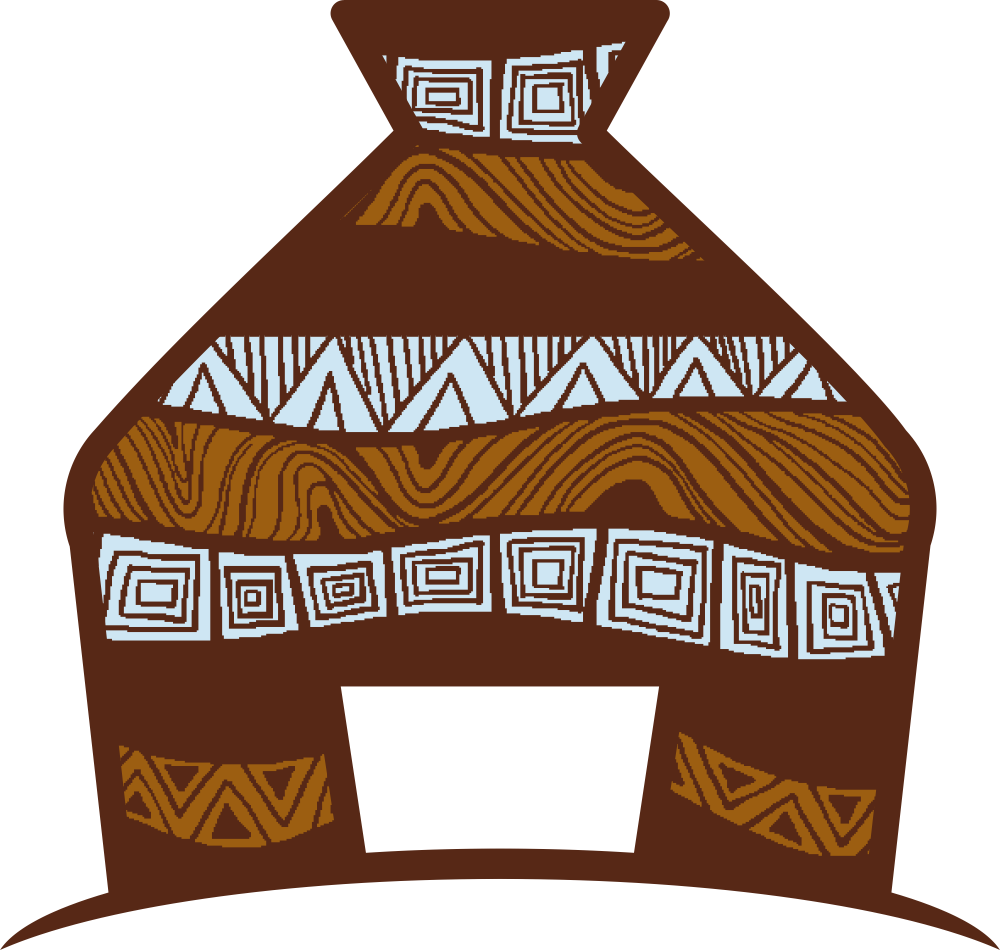
Tell us more about you?
Salim Yunusa is a content creator, a bilingual writer and translator. He’s the founder of the literary organization, Poetic Wednesdays Initiative and a Co-Founder of a national NGO, Project Grassroots Nigeria (PGN). He graduated from Ahmadu Bello University, Zaria with a Bachelor’s degree in Urban and Regional Planning. He’s pursuing his MSc in Disaster Risk Management Studies from the same institution.
Several of his creative pieces have been published by Daily Trust, ASIRI magazine, The Art-Muse Fair, PIN, NorthernLife, Tribesmen Review, Writers Space, DesignWorld Magazine, The Campus Watch, and several anthologies.
He was a finalist for Michael Afenfia and TVO Tribe competitions. He is also longlisted for the 2020 Aminiya Trust Hausa Short Story Competition.
Salim is currently working on his debut poetry collection, From The Potter’s Kiln.
How long have you been writing for?
I’ve been writing for nearly all my life. When other boys picked balls and girls picked skipping ropes, I picked up pens and papers. Though, I only became serious with writing around 2016.
What was the first thing you thought of when you saw the ad for the contest?
I was like, this is cool. It’s something I may enter. I didn’t enter though, until the last day.
What does Sankofa mean to you?
Sankofa represents yearnings of every black man, woman and child in knowing their roots and filling in the gaps, gaps caused by colonialism and slavery. It is of paramount importance that we all know where we are coming from. Knowing our roots; knowing how deep and wide those roots seeped in this vast stretch of space called earth would give everyone a sense of pride and belonging.
Tell us about your entry.
Musings of Mama Africa is a poem that started as a feeling, not a thought. It was something that I have always felt but lacked the words to perfectly describe.
In the poem, Africa is a woman who yearns for all her children; the ones stolen and dragged across the Atlantic and the ones pillaged right here. Being the Mother of Civilization, she has seen all and known all. Despite the carnage done to her, she still is very proud of her children and hopes that one day, they will return home to a grand homecoming.
Did you have any challenges in writing your piece?
I don’t really remember because I wrote the piece back in 2017. So, I actually dusted it off and made few corrections.
What is the future of literature in Africa?
The future of literature in Africa is now. We’re seeing how powerful and important the voices of people – young people – are in shaping our continent today. With a lot of young people embracing the arts and Literature as a means of expression, the future is vast and endless.
What does being a tribesman mean to you, and how do you think being part of a community will influence African literature?
Being a tribesman is nice; it means I’m not alone and I’m part of something bigger than myself; which is all we all ultimately hope for. Being part of any literary community gives one a sense of belonging and responsibility, just like one would in any family. It is our job to spread the gospel and make that change right from the grassroots
Sound bite, anyone?

